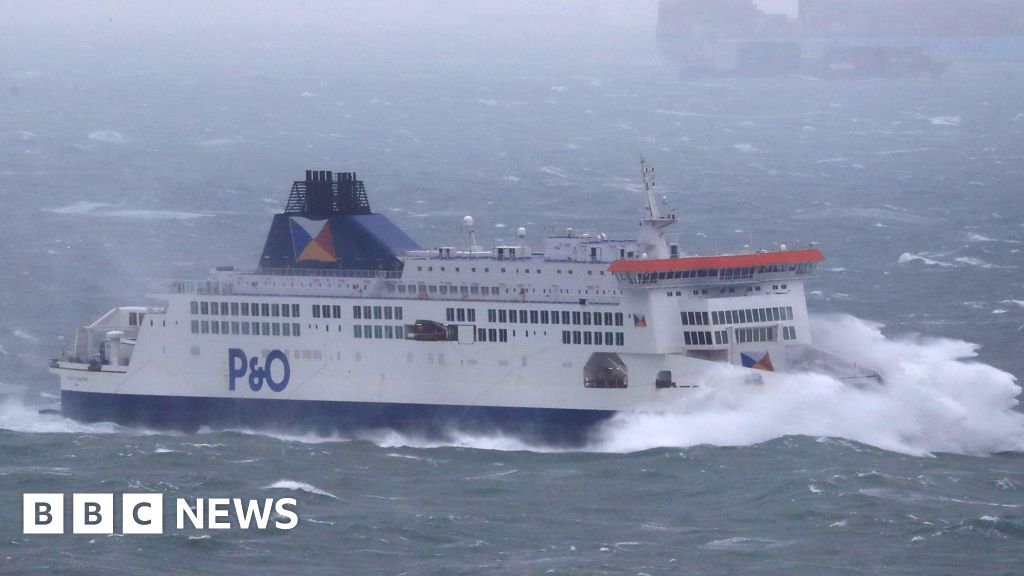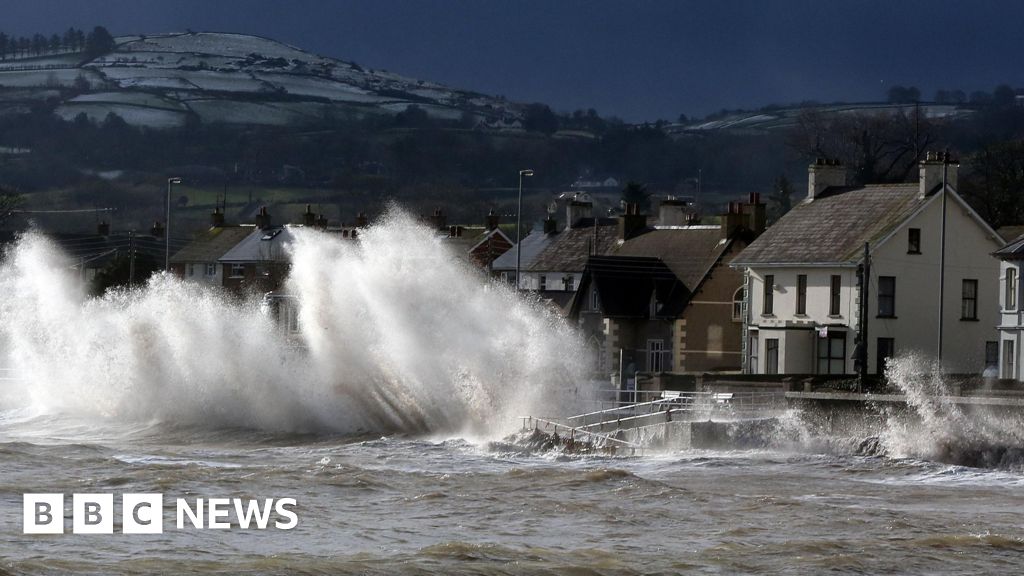Infra
DTCP backs Irish data center developer; Arcus plots M&A in ‘fragmented’ Polish fiber market | PE Hub


Tech infrastructure is the focus this morning as we take a deep dive into DTCP investing in a data center developer and Arcus Infrastructure Partners buying a fiber-to-the-home company.
But aside from their similar sectors, what’s interesting about both deals is how the locations of each play a big part in their investment theses. Read on to find out why…
Location, location, location
DTCP has invested in Atlantic Hub, a data center developer in Ireland, spotting an opportunity away from more well-trodden areas, Zahl Limbuwala, operating partner, told PE Hub’s Nina Lindholm.
Atlantic Hub has campuses across Ireland and just received planning permission for its Derry campus, which represents one the largest infrastructure developments in the region and Northern Ireland’s first large-scale data center campus, according to a press statement. Work is also progressing on a twin campus site in County Donegal in the Republic of Ireland, the release added.
We’ve written plenty about the tailwinds for data centers – including the recent boost from the breakthrough in generative AI technology. But Atlantic Hub has specific locational advantages, said Limbuwala.
“Several of the American cloud providers have announced sovereign cloud for Europe,” he said. “That means they’re building infrastructure and putting their feet in the ground in Europe, so us Europeans can then be assured that from a data privacy and data sovereignty perspective, our data stays within the European borders.” That sector has had a CAGR of 18-20 percent, Limbuwala added.
So far, much of that infrastructure has been in hubs like Frankfurt, London, Amsterdam, Paris and Dublin, said Limbuwala. But those cities have suffered from issues such as access to power and proximity to existing data center hubs, he said.
Atlantic Hub, on the other hand, is not landlocked in the middle of a residential area and is in an area where sustainable energy sources are either already present or planned to be present in the future. “That means offshore and onshore wind and solar.”
Probably the best location for harvesting wind in western Europe is off the northern coast of Ireland and western coast of Scotland, said Limbuwala. “It’s a peak location for wind generation, and there are many gigawatts of wind projects planned for those offshore locations.” The region’s cool climate and strategic geographical location are also benefits, according to DTCP.
(Hailing as I do from the west coast of Scotland, I can confirm there’s more than enough wind to go around).
Atlantic Hub’s presence in both Northern Ireland and the Republic of Ireland also means it has the advantage of being both in the UK and EU jurisdictions. “There’s plenty of runway ahead for the two campuses and that’s where the focus is currently,” said Limbuwala. “But who knows what the future holds.”
The focus will now be on taking the business to the global marketplace as well as taking advantage of the generative AI boom.
“The emergence of GenAI is another requirement from data centers on top of the cloud growth,” said Limbuwala. “What’s been interesting about that is that thus far it has not been as geographically concentrated to the main tier one markets that cloud has.”
Fiber fragmentation
A few big players might have locked up the home broadband market in countries like the UK and Germany, but there are opportunities for private equity firms to take advantage of fragmentation in other European markets, Christopher Ehrke, a partner who works in Arcus Infrastructure Partners’ London headquarters, told Irien Joseph.
Arcus acquired a majority stake in FixMap in September, a company that Ehrke called an “M&A machine” and the leading player in the Polish fiber-to-the-home (FTTH) market by far. The Warsaw-based company has 20 regional FTTH businesses, covering about 270,000 homes passed, with about 100,000 of those homes connected, across five rural and semi-rural clusters in Poland.
The firm is looking at M&A for value creation and the pipeline is strong, he told PE Hub. Arcus will help these subsidiaries grow further rather than merging them under a single brand. “The current regionally differentiated brand approach has been very successful for FixMap to date.”
Poland has a fragmented fiber market, with more than 40 percent of customers served by a long tail of regional operators with the rest serviced by the top four or five internet service providers, he said. “That’s different to countries like Germany or the UK where more than 90-95 percent are covered by the largest operators.”
On top of that fragmentation, the Polish market looked appealing to Arcus because it has low capex costs and good average revenue per unit (ARPU) potential, making it economically attractive, he said. The firm was specifically looking for a market consolidation play, for which FixMap is very well positioned.
Arcus is in a “unique position” to capitalize on the M&A pipeline, he said, as the Polish ISP market, after years of intense competition, is set to recover from an ARPU perspective.
Check out the full interview for some of Arcus’s organic growth plans for FixMap as well as why the FTTH market more broadly is attractive.









